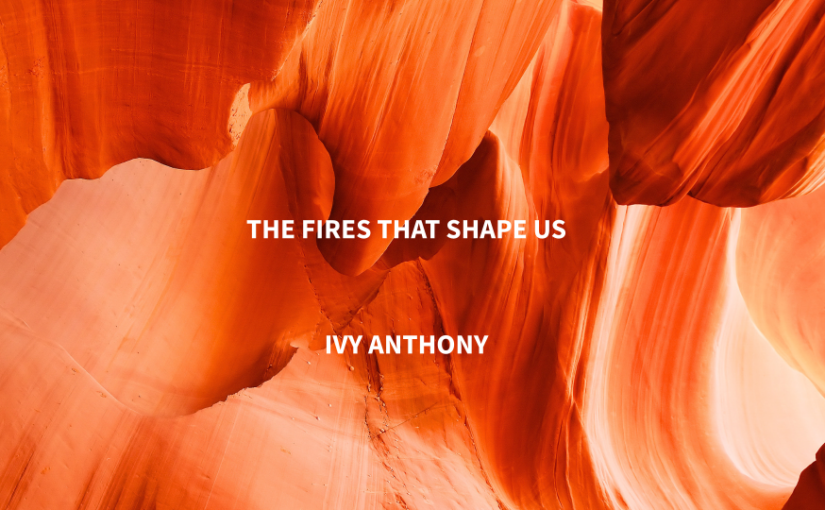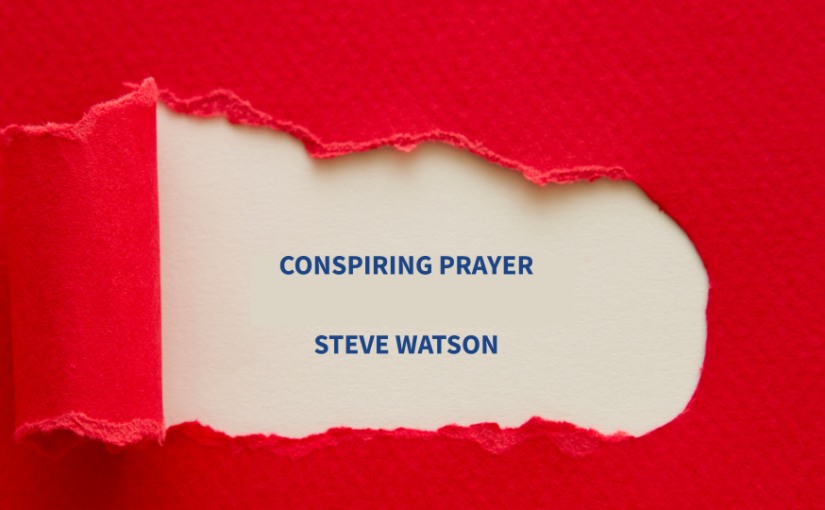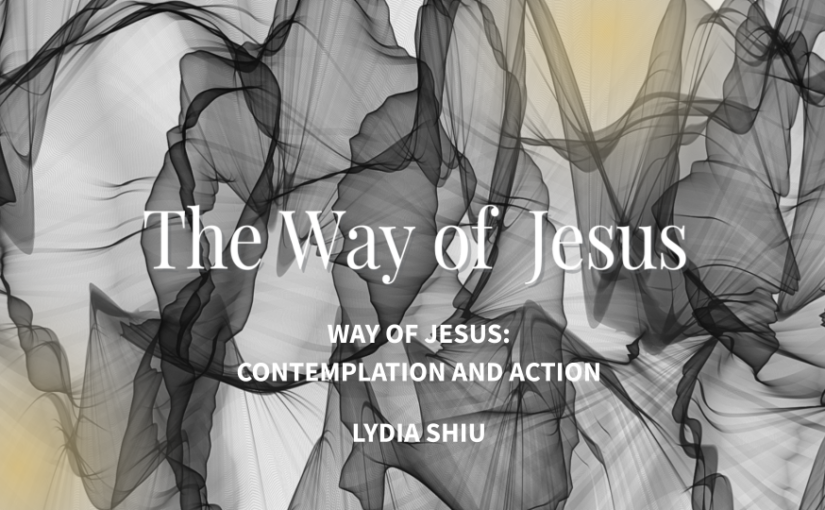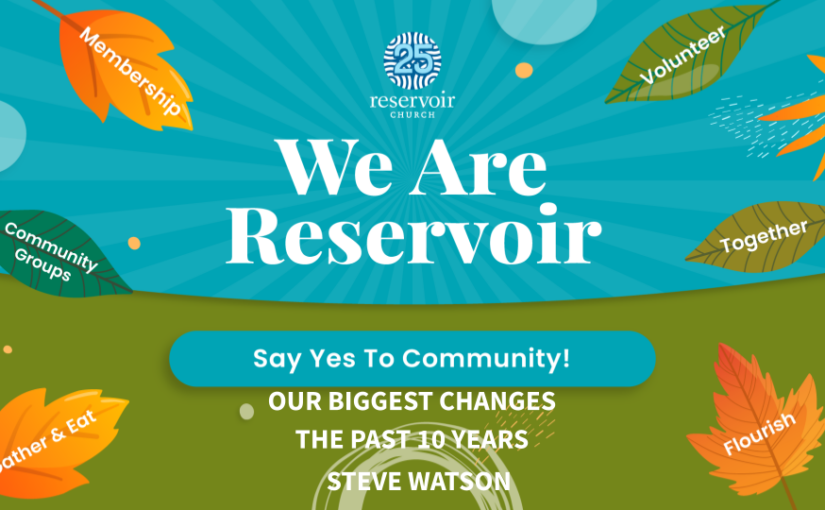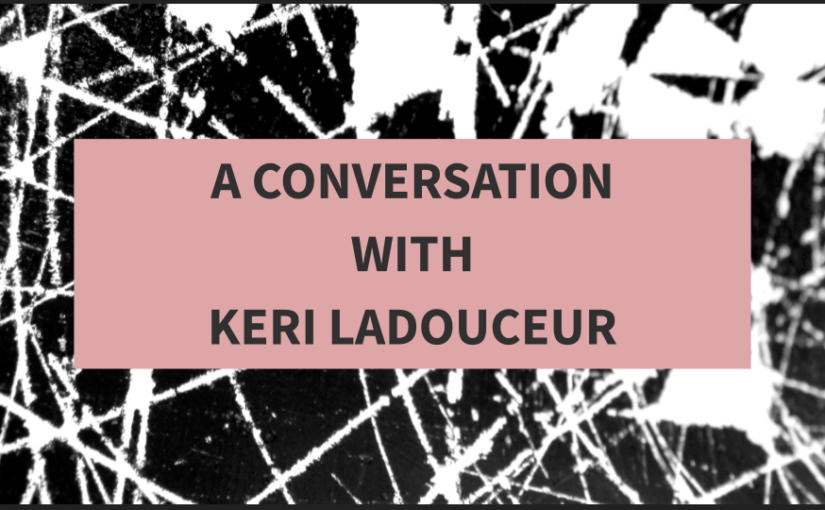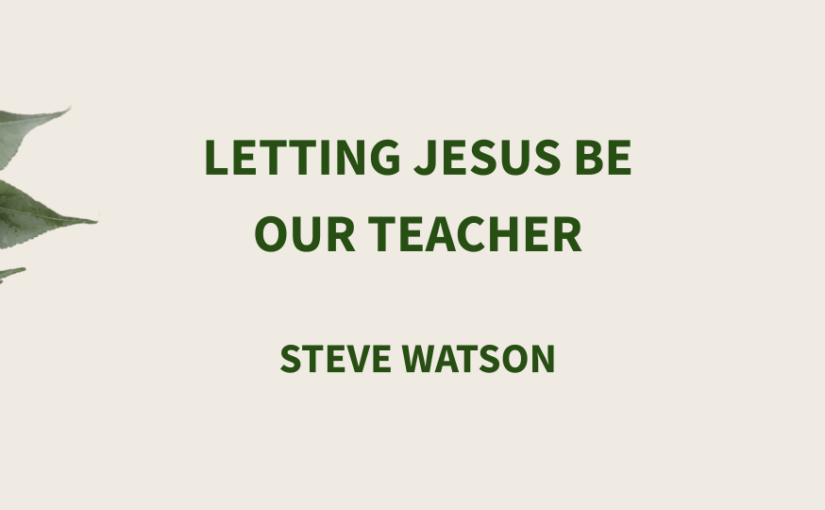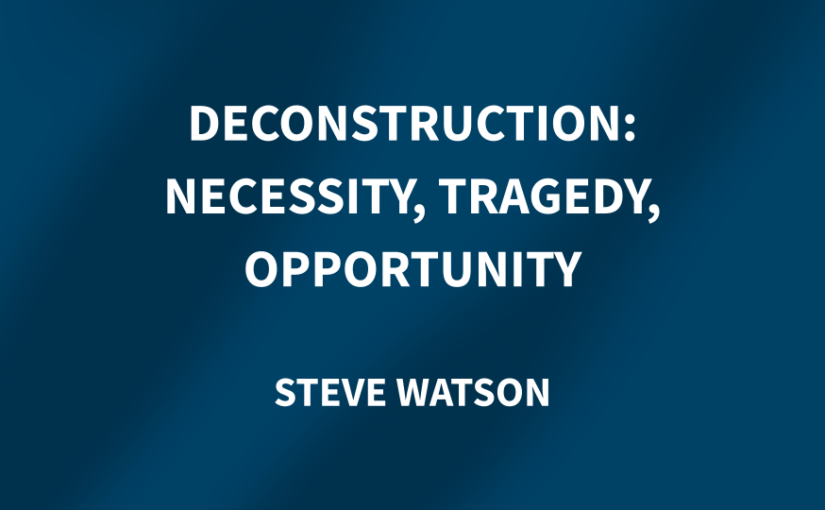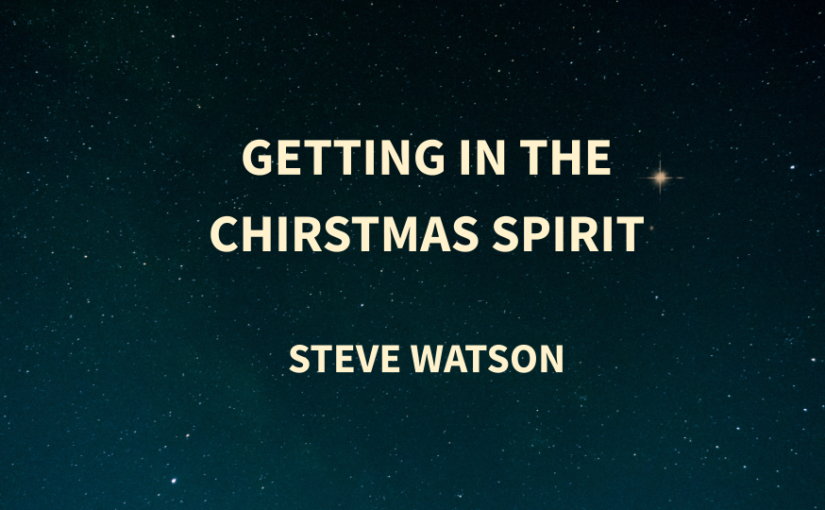I’ve seen a house burn from top to bottom once in my life — thankfully only once.
Ten years ago in Maine, this time of year — I watched it burn from the 2nd floor of the house my Dad grew up in. That 2nd floor was the perfect vantage point to watch birds float to the small roof below, and identify unannounced visitors pulling in the driveway coming to say their “last good-byes” to my Dad. It also gave a nice view of that house directly across the road that sat at the top of a short but steep hill. . . one that always was of interest in the winter as the owners gave test to their plowing and de-icing prowess – often skidding their vehicles to a merciful stop just before they joined the main road at the bottom.
Firefighters say that it only takes 30 seconds from the start of a fire for it to rage out of control. And only two minutes for it to overtake a structure. I think I had learned this fact in 3rd grade when Smokey The Bear visited our classroom. It scared me enough that I convinced my parents to put a metal escape chain ladder out my bedroom window for fire safety — which I happily used for many things unrelated to fires.
But on that unusually warm February night 10 years ago I bore witness – firsthand – to the uncontrolled power and speed of fire. The impact of the terror of fire – the screams and the cries …the damage, the destruction and the danger of fire.
It is true that fire is scary as hell.
In one minute life holds shape – heartbeats, and flannels, and chimneys, and snow shovels, and dogs barking — and in the next minute it is smoke and ash.
Today we’ll spend some time pressing into this theme of Fire as Danger – it is our 3rd week of Lent and we will wonder together:
- 1) why has the church used the imagery and metaphor of fire to put terror into the hearts of so many who are eager to experience the love of God?
- 2) What do we do when we are burned? When those around us are in fires?
- 3) And what potential does fire have to shape us?
We’ll look at the historic story of Shadrach, Meshach and Abednego who were thrown into a dangerous, fiery furnace and consider its contemporary messages for us today.
Before I pray for us, I would be remiss to not flag how intense this imagery of fire is… how it moves from the metaphorical realm to our lived reality in many ways. This week US Airman Aaron Bushnell died in the fires of self-immolation protesting the genocide of the Palestinian people. It is intense, hard, and it is real. As we move along in today’s service please take the space and care you need for yourself and the Spirit of God to be with you – with as much freedom as you need.
Let me pray for us:
My God(!) there is a lot to fear these days…so much is burning. There is a lot to rage against and a lot to fight. And so today we ask for your warm presence as we gather together. Help us to remember that you call us by name – that we are precious in your eyes, that you honor us – that you love us unconditionally.
And remind us that through every age of struggle, every era of hope, you are with us. And in the labors of liberation, could you sustain us with joy and courage?
We praise you God, because your presence is a force OF, and FOR life. Your love is like oxygen to our spirits – that fans the flames of all good things.
In community, we pray – – AMEN
It isn’t that surprising to imagine why churches would gravitate to the imagery of fire — I mean it is almost a flawless means by which to control. Fire’s destructive power is an effective symbol for fearsome threats of eternal suffering and torment for particular targets of divine or human judgment. *next week – fires of judgment.
Fire of course, leaves the symbolic realm and is a real experience of pain and suffering. We know – the minimal centimeters between the pleasure of warming your hands by a fire and the jolting pain of having them singed by fire – we know that a drop of boiling water, or a brush of skin against a hot pan — leaves its mark in blisters and searing pain for days. John O’ Donohue says
“a burn is unlike any other pain – it cuts to the soul.”
Therefore — threatening people with a future that is an eternal burning was the ultimate threat that could be issued against them. And for followers of Jesus who had witnessed heretics and witches and any other person deemed “deviant” burned at the stake – this wasn’t a far off threat – it was convincing.
FEAR – it’s how the church colonized the minds of its people with a blazing image of a controlling, angry, punishing God. A conditional God – a conditional faith. And even without an identifiable flame as a warning all the time, or words like “damnation” or “eternal suffering” always spoken from leaders… the smoke of this fear is what has been absorbed into our churches, our nation, our society — and for many of us, our bodies.
But… if we can roll back and look at scripture we can see that fire isn’t usually a weapon in God’s hands — it is violence from which God longs to rescue us.
Isaiah 43:1-5 (Common English Bible)
1 Don’t fear, for I have redeemed you;
I have called you by name; you are mine.
2 When you pass through the waters, I will be with you;
when through the rivers, they won’t sweep over you.
When you walk through the fire, you won’t be scorched
and flame won’t burn you.
3 I am the Lord your God,
the holy one of Israel, your savior.
I have given Egypt as your ransom,
Cush and Seba in your place.
4 Because you are precious in my eyes,
you are honored, and I love you.
I give people in your place,
and nations in exchange for your life.
5 Don’t fear,
I am with you.
From the east I’ll bring your children;
from the west I’ll gather you.
***
You will not drown. You will not be scorched. You will not be burned. I will be with you.
These are the promises that Isaiah pens to those in exile who are under the empire of Babylon. A people who had journeyed and suffered, who had been enslaved — then free, and now in exile. A letter to say “there is hope”, God has not forgotten you.
Remember your ancestors who kept their eyes on God. God who came in the column of fire that lit the path in their nighttime travels … remember your God as fire & light.
Remember fire that lit your ancestors’ way through the wilderness – that glowed as manna fell and warmed as the desert night temperatures cooled .. remember your God as fire & warmth & protection.
Remember that in the flame of fire — God spoke to Moses. The one who would lead your ancestors out of slavery.
God a column of fire. . . present, comforting, a spark of hope.
It’s a bold letter of promise. A promise on God’s behalf for rescue. To return home from exile. A promise that God is an unconditional God. An everlasting, proactive, persistent loving kindness – kind of God… toward all of God’s creation.
These were the promises I too believed. God will save. God will deliver those God loves from suffering. God will protect. These too were the promises my Dad believed.
They were the ones that stirred in our spirit as we watched the house burn across the street – as my brothers ran to help, as we called the volunteer fire department…
We clung to those promises because we too were watching as our father’s body was ravaged by a rare cancer that spread like wildfire through his body and engulfed his life in the blistering speed of four weeks time – before the age of 60.
It’s why my four siblings and I were all in Maine, on that 2nd floor. It’s why we could watch visitors pull into the driveway.
This house burning across the street at the same time – felt emblematic of our reality.
And we leaned on our faith — on these promises. We prayed the gut-wrenching prayers…
“God rescue. God of miracles – rescue, please.”
At the heart of the promise in these Isaiah verses is the rescue from floodwaters and fire.
But it is not literally true for everyone. It wasn’t true in our case with our Dad. There were Jews who died in the fires of Babylon used in their siege of Jerusalem. I know many of you have experienced and witnessed fires – suffering, pain, oppression – that does burn, does scorch, does hurt.
Here’s the thing when it appears that God doesn’t rescue or save… a conditional faith – with foundations of fear – develop/construct new promises that in suffering sound like,
“God has his ways that are bigger than ours,”
or
“everything happens for a reason.”
I heard those words over and over throughout the wake of my Dad’s death. And as so many of you might know — that is an additional fire to endure. Like a 3rd degree burn… I mean when you need a hand – or an emergency ladder, or a lifeboat or a lamp (as Rumi says), the worst thing you can be handed is a “reason.” That is not rescue. That is not the loving care of God.
It is a burn that asphyxiates and poisons again and again. It’s not the blatant “fire and damnation pounding from a pulpit” – but it is the same smoke.
Smokey the Bear says when you are in the presence of fire you should “Stop, drop, & roll.” Functionally, it is a life-saving technique to cease any movement that will fuel the flames — and LIMIT the harm of fire by depriving it of oxygen.
I knew if there existed one lick of this flame – of a conditional God – even way back in the corner of my subconscious – it would show itself, it would still be live. And I knew I had to be fully rescued from this – needed to extinguish it. I knew that it would be critical in stoking my own fire within for the good of this world, for the work of justice, and for the godly work of liberation.
I want to invite you to consider the story we’ll read together of Shadrach, Meshach, and Abednego. Perhaps a familiar story – it’s one that I remember from early in my childhood. One that was relayed to me as an example of the unwavering faith we were meant to have, the miracles that would unfold as a result, and a God who would cheer us on in such tests of life and faith.
I invite you to consider – as we read this historic one- your own story. The fires you’ve endured…the ones that you’ve been burned by — have been rescued from? How you have perceived God in those times.. And now?
Shadrach, Meshach, Abednego and Daniel were taken captive during the period known as the Babylonian exile when the Babylonian king, Nebuchadnezzar – described by some as a narcissistic maniac – besieged Jerusalem. These men had impressed Nebuchadnezzar and so had been promoted to administrative positions despite remaining faithful to their Jewish beliefs. Except the conditions ramped up to show allegiance to Nebuchadnezzar – and Shadrach, Meshach, and Abednego refused to bow down in worship of a nine-story tall golden statue that Nebuchadnezzar had ordered built, and the king became enraged.
And here we pick up the story:
Daniel 3:13-18 and 24-25 (Common English Bible)
13 In a violent rage Nebuchadnezzar ordered them to bring Shadrach, Meshach, and Abednego. They were brought before the king.
14 Nebuchadnezzar said to them: “Shadrach, Meshach, and Abednego: Is it true that you don’t serve my gods or worship the gold statue I’ve set up?
5 If you are now ready to do so, bow down and worship the gold statue I’ve made when you hear the sound of horn, pipe, zither, lyre, harp, flute, and every kind of instrument. But if you won’t worship it, you will be thrown straight into the furnace of flaming fire. Then what god will rescue you from my power?”
16 Shadrach, Meshach, and Abednego answered King Nebuchadnezzar: “We don’t need to answer your question.
17 If our God—the one we serve—is able to rescue us from the furnace of flaming fire and from your power, Your Majesty, then let him rescue us.
18 But if he doesn’t,….. know this for certain, Your Majesty: we will never serve your gods or worship the gold statue you’ve set up.”
Nebuchadnezzar has them bound up – and throws them in the furnace… and then we read this:
24 Then King Nebuchadnezzar jumped up in shock and said to his associates, “Didn’t we throw three men, bound, into the fire?”
They answered the king, “Certainly, Your Majesty.”
25 He replied, “Look! I see four men, unbound, walking around inside the fire, and they aren’t hurt! And the fourth one looks like one of the gods.”
The book of Daniel, set during the Babylonian exile, has something to say about history. It explores the vulnerability of people living under oppression. These three men — who were stripped of their Hebrew names — given these Babylonian names of Shadrach, Meshach and Abednego have something to say about the
“choices faced by those who must either support a repressive regime or face certain death. And just how quickly the dangerous fires of empire overtake… Nebuchadnezzar wanted them to bow—forget their heritage, forget their legacy, forget their journey, forget their God, forget their rights, and bow down.”
(Rev. Barber sojo.net) Forget who they are — and that starts with de-naming them.
The name Nebuchadnezzar literally means “one who will do anything to protect his power.” That’s why Nebuchadnezzar built his towers. He built his tower more than nine stories tall – he put his name on his tower and everything he built, and then he put gold on his tower, and he promised that he, and only he, could make Babylon great again, as Reverend William Barber points out. (sojo.net)
He wanted control. He wanted power. He wanted worship. He wanted to be God.
But Shadrach, Meshach, and Abednego refused to fan this fire – they would not give oxygen to the flames of the religion of the king, the religion of greed, of fear, the religion of racism, the religion of hate.
Under oppression, Shadrach, Meshach, and Abednego knew who they were. And they knew who God was. A God that was inside the trouble with them – in the fire. God who they declared,
“even if God doesn’t rescue us — still we will not bow”
an unconditional God.
And as they come out of the fire – the attendants to the King saw that the fire had not harmed their bodies, nor was a hair of their heads singed; their robes were not scorched, and there was no smell of fire on them.
And Nebuchadnezzar
“Praises their God! And these three men say, “they trusted in this GOD and defied the king’s command and were willing to give up their lives rather than serve or worship any god except their own God.” (v.28)
This is a “strong, miraculous, unwavering faith” story — AND it is a story that extinguishes the voice of the oppressor, and it is a story that shows that
“in the midst of the burning – the oppressed can again and again try to liberate (unbind) themselves to show something more deep, more honest, and more powerful than the blazing!” (Dante Stewart)
And it is a story that gives shape to an image of God as a larger, freer, and more loving God than even surfaced the imagination of Nebuchadnezzar.
And it is our story.
A story that suggests the fires of this life can shape and transform us.
Friend to Reservoir, Rabbi Spitzer — who’s book, “God is Here”, we used to form a series last year — offers an image of the Divine that I found helpful in this conversation and one that I want to share with you as we close. Because ANGER is a big part of what we feel when we scan the landscape of our lives. When we think about the people we’ve lost – when we see the fires of injustice, and oppression that are not extinguished, and the actual wildfires (Texas), and the endless, unanswered calls for ‘ceasefire’ — we are angry and sad and angry again.
Throughout the Hebrew Bible – God’s anger does blaze as fire. Fire is unleashed at times – consuming complainers and rebels alike (188) – particularly when they refuse to accept the challenge of creating a new kind of society with God.
God as a “consuming fire” is also called “El qanna” (Kah-nah) – often translated as a jealous God. But also understood as a “heated divine emotion.” Some scholars suggest it is an essential attribute of God. . .but more like the intense heat, fire, and lava that flows from volcanoes.
One scholar Nissim Amzallag suggests that while “jealousy” is a sufficient description in the human realm – it is not complete in the Divine realm. When referring to God he says, it is more like the process of “Furnace remelting.” An ancient process where a corroded copper object is completely melted down in a furnace and the molten metal is then shaped/reshaped into something new.
In the ancient world it was not uncommon for divine beings to be associated with this concept – with the intense, transformative power of flame and heat.
Amzallag says
“this attribute of God was not viewed by Israelites simply as the destructive expression of anger by God. Precisely as in furnace remelting, it was conceived as a wonder– leading to a complete rejuvenation of creation” (189).
Completely reshaping of one thing into another.
In prophetic texts, God’s anger and the divine qanna (kah-nah) are connected both to the condemnation of oppressors and to a vision of transformation.
Collective anger at injustice, like the flames that erupt when God is angry – CAN ROAR – and seem out of control. Yet out of those flames can also come disruptive and necessary transformation. Anger is the work of love that protests an unloving world. And often the catalyst in the fire that opens up a new way through… a type of rescue that wasn’t given shape before.
Smokey the Bear (this is the last time I’m going to mention him – I promise!), also says that when a fire is raging another action you can take is to shut the doors – to limit the spread of damage. To protect & safeguard that which is susceptible to fire. And yet – preferred above stop drop & roll and shutting doors is to just extinguish the fire as quickly as possible – to not wait to see what happens, or think it will probably amount to nothing.
Now some of us aren’t always able to do this — but some of us have the energy, the capacity, the position, the privilege, the power – to do just that.
I took this role to be a pastor, a couple years after my Dad died – by which I took on a personal oath to “do no harm.” To spread no versions of God that demand unquestioning obedience, performance, exclusion of other people, political alignment, or conformity of belief. To never promote falsely constructed “reasons” for atrocities in the name of God — but to open up more ways that we can authentically find God in our lives with one another – in the fire, in the doubt, grief, in the ashes, and in the rubble. Life is precarious and often beyond our control, and this is part of what it means to know God too.
It wasn’t the “reason” that explains why my Dad died of cancer – but it did give new shape to my way forward… to see with clarity that to be a follower of Jesus — is to vow to shut the doors on any of the acrid smoke that tries to actually make Jesus unfindable.
Perhaps we do have an opportunity to hear a divine message coming directly out of our terror, our pain, if we are able to withstand it. And in moments when we can’t.. perhaps we need to hear again and again the promises from our ancestors that God will … as the verses in Isaiah say:
Bring us through the waters and through the rivers and through the fires…
And that in the midst of our times that suggest our world is indeed on fire – we might be able to hear these lines not just as poetic ways of describing tough times. But to remember that these words ring true of the most significant moments of liberation in Hebrew history. That with full context we could read those lines this way:
“When you pass through the waters like you did through the Red Sea out of Egypt . . and through the dry bed of the River Jordan into the promised land… when you walk through the fire like brothers Shadrach, Meshach, and Abednego…”
It might help us remember this faith and these miracles are ours too. These these three boys who endured unspeakable horrors. Who underwent two fires: a physical burning in a furnace, and a prolonged burning, set ablaze by empire. And remember that they didn’t simply make it through the fires, somehow just embracing the violence of the empire politely and passively —
the miracle was their audacity. The miracle was their courage to stare down terror. The miracle was found IN the fire – where there WAS A GOD who says,
“the violent flames of EMPIRE will not and do not have the last say.”
Black preacher and author Dante Stewart says,
“empires may be able to enslave our people, plunder our resources; they may try to destroy both our bodies and our future. But in the midst of the burning, we somehow try to liberate ourselves, again and again — [‘remelting’]– giving shape to the audacious belief that one’s body, one’s story, one’s future does not end in this moment”
a promise of God… to ring in our ears today, as truth – and as a call to action.
Rabbi Spitzer says we don’t know if there will be a period ahead in our nation where a true “remelting” is occurring . One where the structures and the ideologies of racism will be melted down so that something new and better can emerge. Embrace Boston released a Harm Report this week — connecting the past to the present – the history of fiery harms to their contemporary impact of Black Boston….action in this direction.
We don’t know if it will be a period — where we’ll care for and investigate our actions and their impacts on our environment and climate …
We don’t know if it will be a period where we’ll regard our nation as part of a global community. . .
But we can do our parts to shut doors, limit harm, extinguish dangerous fires — and keep holding on to a faith that promises to transform us if we can hang in – to bring power out of pain, mercy out of meanness, love out of hate, joy out of sorrow, good out of evil, hope out of despair, and life out of the fire.
May God protect you, keep you warm, comfort you, and guide you in the days ahead.
In the name of the fire, the flame, and the light – Amen.
Sources:
Amzallag, Nissim.“Furnace re-melting as the expression of YHWH’s holiness: Evidence from the meaning of qanna (קנא) in divine context.”
Stewart, Dante. “Shouting in the Fire: An American Epistle.”
Casey Overton. Enfleshed.org
Reverend William Barber. Sojo.net “We Will Not Bow Down”


